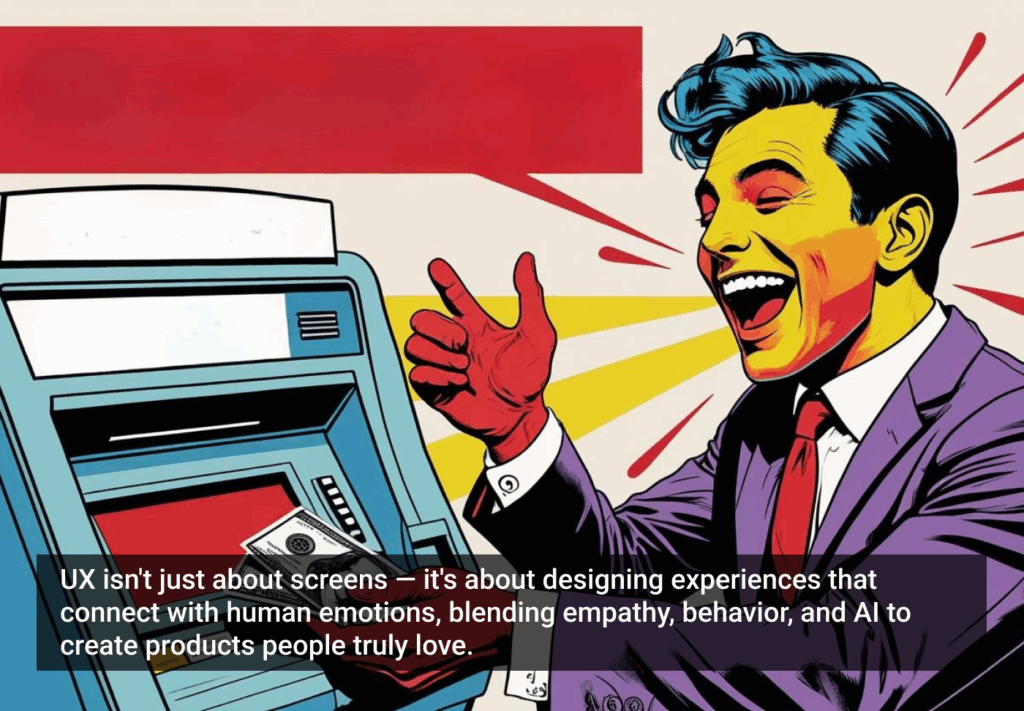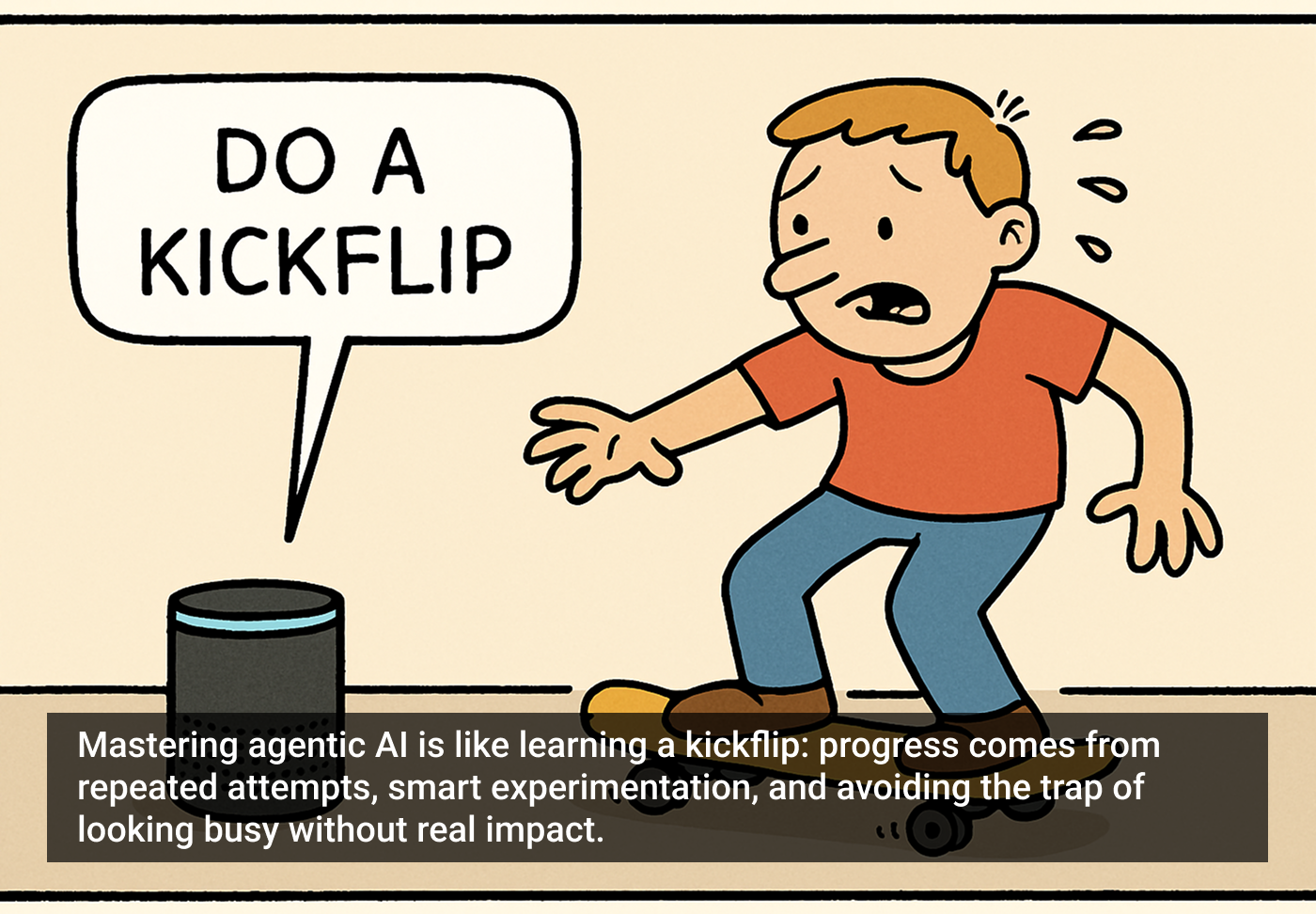- Agentic AI, Artificial Intelligence, Digital Transformation, Enterprise AI, Product Management
Learn about the invisible “power grid” that drives successful AI and why runtimes, rather than models, decide who turns pilots into real results.
Article by UX Magazine Staff
An Operating System for Organizations: Why Every Business, Product, and Design Leaders Need Agent Runtime Environments
- The article argues that most AI projects fail because companies lack the necessary system (a runtime) that allows agents to operate in the real world.
- It describes how runtimes serve as a “power grid” for AI, helping teams in scaling, managing, and turning pilots into practical business outcomes.
Share:An Operating System for Organizations: Why Every Business, Product, and Design Leaders Need Agent Runtime Environments
Share this link
- December 10, 2025
5 min read







